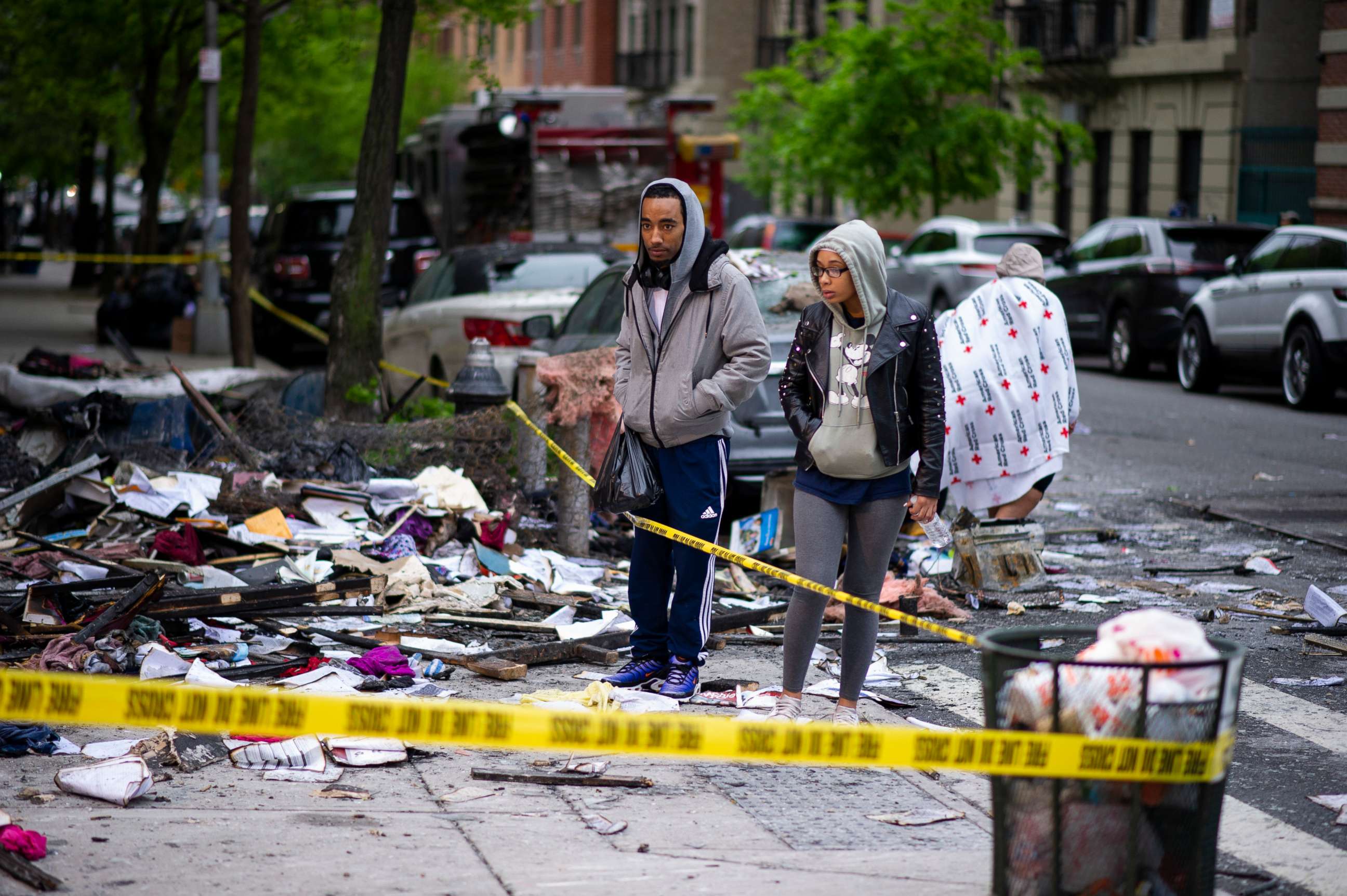Thousands of public housing facilities failed smoke alarm inspections, ABC News investigation finds
Many of these apartments and houses are home to elderly and disabled residents.
More than 1 million people in the U.S. are living in federally-funded housing complexes that inspectors found had fallen short on working smoke detectors, an ABC investigation found.
Three out of four of those complexes were also cited for other issues considered “life threatening,” such as electrical hazards and blocked fire exits.
Many of these apartments and houses are home to elderly and disabled residents.
ABC Owned Television Stations obtained and analyzed data from the Department of Housing and Urban Development’s inspections of subsidized housing between 2014 and 2019. ABC found more than 11,000 properties, or 41% of all complexes run by public housing authorities or private landlords who receive taxpayer subsidies, cited for missing, broken or inadequate smoke alarms.
In Chicago, Houston and New York City at least half of all federally-subsidized private buildings, were cited for not ensuring smoke detectors were in place and working.

In New York, federal inspectors failed to meet annual inspection requirements three out of four times. Last year a mother and five of her children died in a fire in a Harlem apartment, where investigators found no working smoke detector. They suspect the alarm had been disabled. Records show federal investigators had not been to the property in more than two years.
Raven Reyes lost family in that fire. She talked to WABC about losing her mother and siblings. “My sister was 10 years old, my sister was six years old, my brother was three years old. My mom was 44 years old [and her] brother was 32 years old."
The Department of Housing and Urban Development rules require owners – whether they are public housing authorities or private landlords who receive federal subsidies -- to install smoke detectors in every home or apartment and perform regular visits to make sure they work. That includes replacing batteries and setting rules to forbid tenants from disabling detectors. Despite knowing about smoke alarms and other safety issues, government inspectors returned for re-inspections months or even years behind schedule. Based on HUD rules, about 90% of complexes with smoke alarm problems were inspected late.
In early February, a fire forced Willie Mae Roberts and other residents at the Greenhill Court Apartments near Philadelphia to evacuate. “I was scared at first because I didn’t know what was going on. I was putting on my clothes, but when I seen that smoke I said, 'Something isn’t good,'” Roberts said in an interview with WPVI. The cause of that fire is under investigation. Data shows that the property has been overdue for an inspection.
HUD Secretary Ben Carson, who oversees all U.S. public housing authorities, told WTVD that he is taking steps to improve health and safety for all residents in public housing. “When I came to HUD the place was, quite frankly, a mess. There are a lot of things that need to be corrected and they aren’t corrected overnight, but we are making significant progress,” Carson said.

He also blamed a breakdown in the government’s inspection system called the Real Estate Assessment Center, or REAC, for the lack of accountability and repeated failed inspections. “What we did last year is undertake a comprehensive review and we are changing the whole REAC system,” he said. “We have issued warnings to all the public housing authorities and we have increased inspection activity when it comes to smoke detectors.”
HUD rules say tenants are responsible for ensuring smoke alarm batteries are kept in place and informing property owners of any problems with detectors. Preston Prince, executive director of the Fresno [Cal.] Housing Authority, says informing residents of their rights and responsibilities could help get some repairs made faster. “I believe families should know their rights and [how] to make the demands,” he told KFSN. “If something’s not working in their unit, they have a right to speak up and more than to speak up, they have the right to a safe house.”
The federal government posts all of its inspection scores and some details about deficiencies, including smoke detector problems, on HUD's public website and updates the records regularly. ABC reviewed the most recently published data, posted at the end of 2019.




